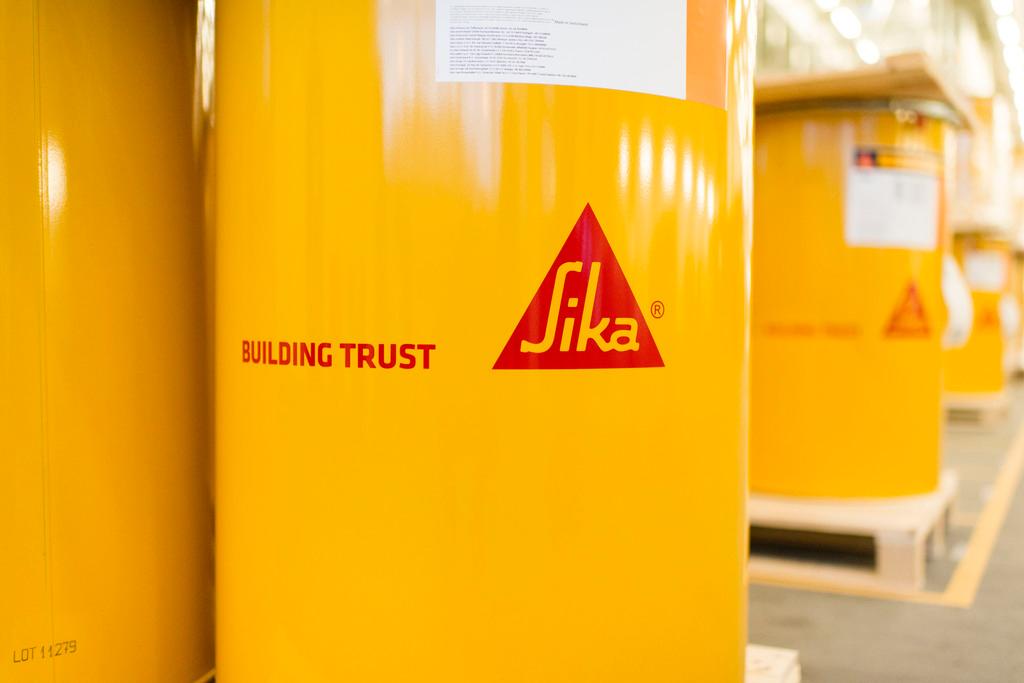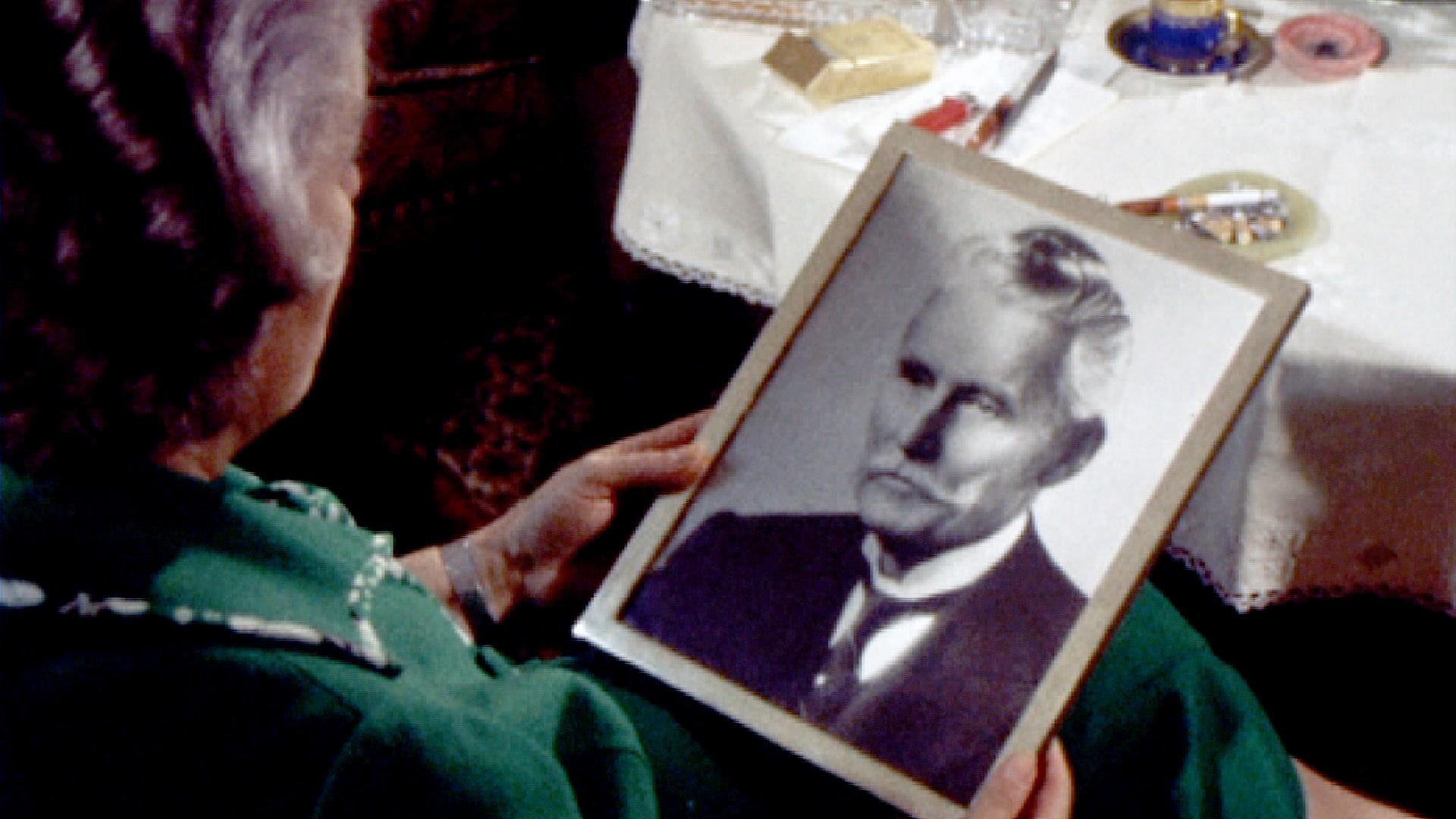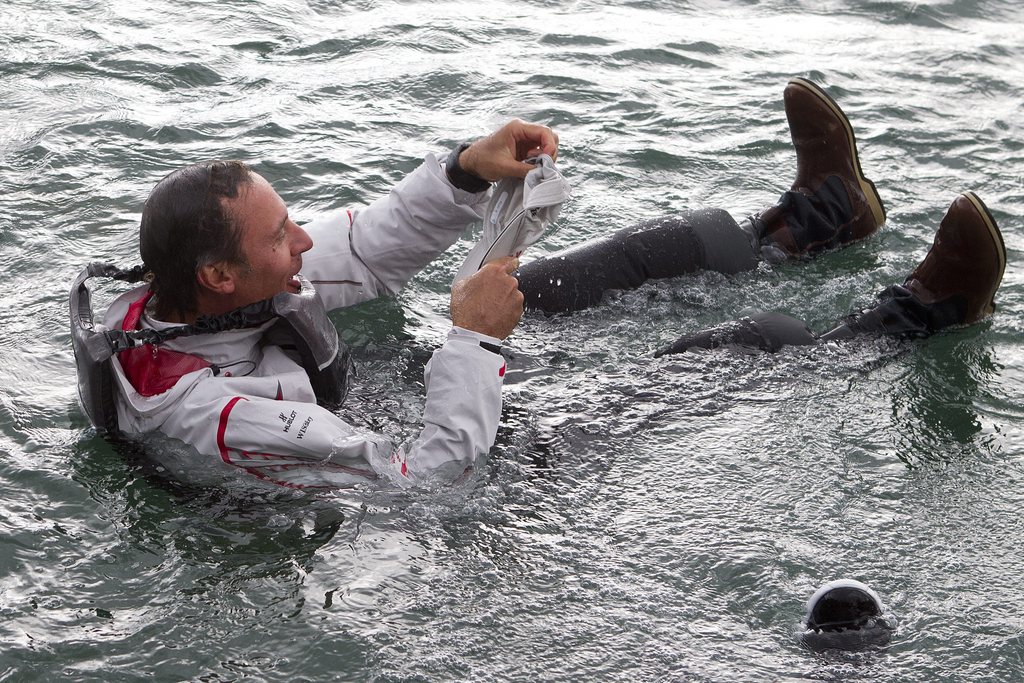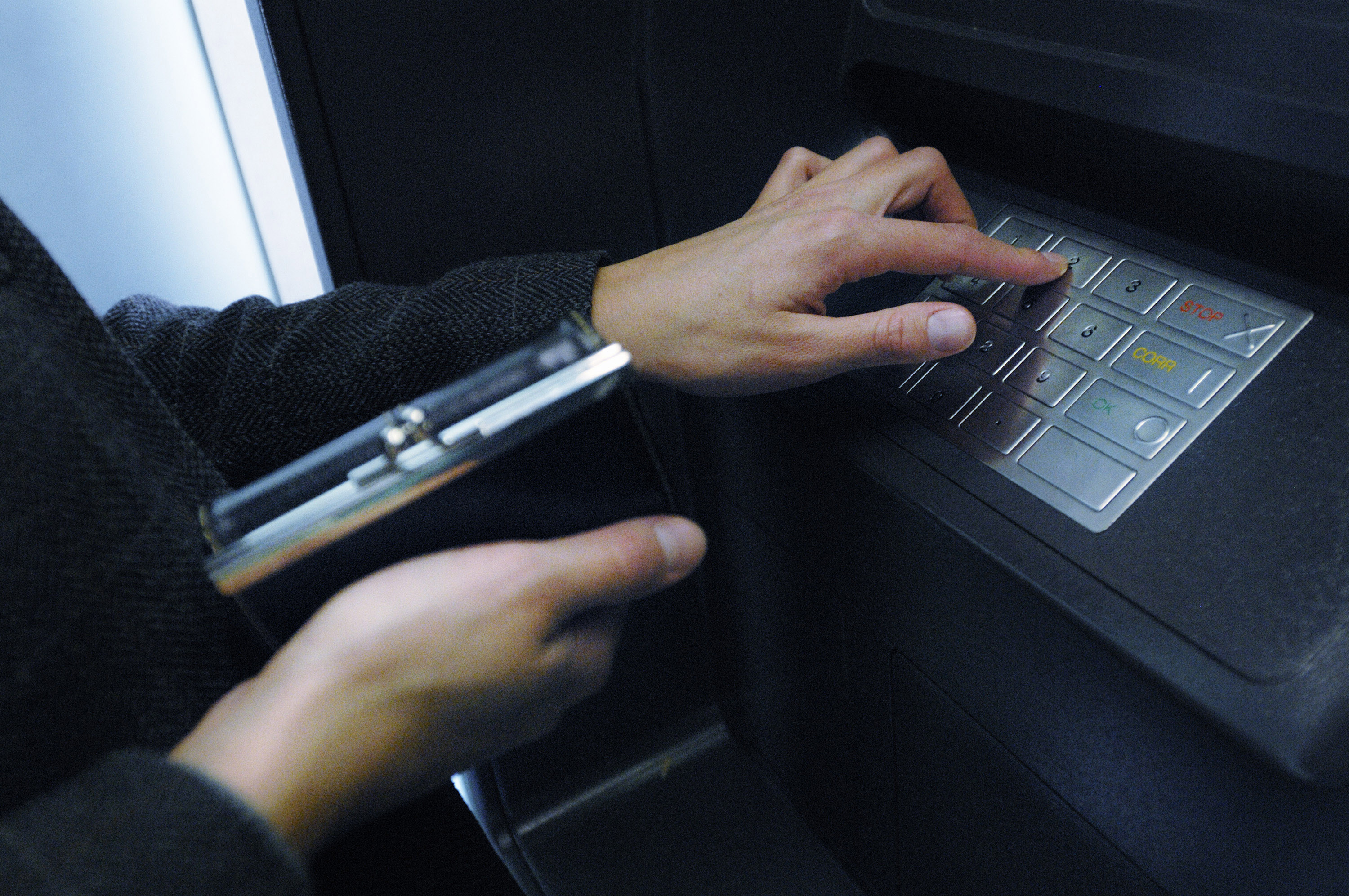Sika bid tests Swiss takeover system

The cantankerous takeover bid for one of Switzerland’s most successful family firms, Sika, can be put down in part to a quirk in legislation governing the sale of companies. It also raises questions about the fairness of the Swiss shareholding structure.
Concerns centre on plans by the descendants of Sika’s founder to sell their 16% stake to French conglomerate Saint-Gobain at a premium price of CHF2.75 billion ($2.85 billion). What makes this unusual is that the Burkard clan’s stake comes with 52% of the voting rights while an obscure “opt-out” clause in the takeover law allows them to freeze other shareholders out of the deal.
These conditions have created the perfect storm for non-family shareholders, who own 84% of the firm but have seen share prices tumble since the deal was made public. It also appears to go against the commonly perceived, though perhaps romantic, notion that the bloodline of a family company will defend their “baby” against the greed of the market.
“Privileged voting shares exist to protect companies and their core shareholders from hostile takeover bids,” Roby Tschopp, chief executive of shareholder rights group Actares, told swissinfo.ch. “In this case, the people who should be the guardians of the temple are those who are giving away the company. This is quite disturbing.”
It is not uncommon for Swiss firms to issue shares that offer dividends but limited, or no, voting rights – a so-called “dual class” shareholding structure. It is also a growing trend among new media technology start-ups such as Google and Alibaba.
It may well suit investors more interested in reaping dividends than influencing company strategy, says Nadine Kammerlander of the Swiss Research Institute of Small Business and Entrepreneurship at the University of St Gallen.
“There can be advantages to buying non-voting shares. They can cost less, come with higher dividend payments and expose owners to less liability in the event of bankruptcy,” she told swissinfo.ch.
However, the Sika case also reveals the pitfalls of concentrating voting power. Before buying shares, investors should check whether companies have well-functioning family offices that act as arbitrators in dynastic disputes and take the needs of other shareholders into account, Kammerlander advises.
Legal loophole
But it is a deliberate loophole in the Swiss takeover laws that has really set tongues wagging and alarm bells ringing. This could allow the five Burkard siblings to pocket an estimated 80% mark-up on their shares while the vast majority of the company’s equity owners get precisely nothing from the deal.

More
Sika’s 100 year history
Swiss law stipulates that an automatic takeover bid is triggered if one party accumulates more than a third of a company’s voting rights. Similar purchase terms must then be tendered to all shareholders, giving everyone a share of the spoils.
However, obscure opt-out and opt-up clauses were inserted in the 1998 Stock Exchange Act, reputedly to appease a significant number of powerful families that controlled some of Switzerland’s most prestigious brands.
These loopholes allow companies to either raise the threshold level for an automatic takeover from a third of shares to a higher proportion (many firms, such as Hayek family-controlled Swatch Group, have a 49% threshold), or to bypass the condition altogether – as Sika can.
Ethos Foundation, which manages pension fund investments and campaigns for fairer financial markets, has clearly had enough of this system, calling for companies to withdraw voluntarily from opt-outs.
“If [descendants] are really devoted to their companies, they don’t need opt-outs,” Ethos chief executive Dominique Biedermann told the SonntagsZeitung newspaper. “It only ensures their personal financial benefits.”
The Sika case has also led to some politicians, among them Pirmin Bischof of the centre-right Christian Democrats and Jean Christophe Schwaab of the centre-left Social Democrats, to call into question the validity of the current takeover system.
Legal reforms
By coincidence, politicians and other interested parties are currently discussing wide-ranging changes to shareholder rights laws that are due to go before parliament in the near future. The issues of dual-class shareholdings and the opt-out clause have not so far been discussed in the reform package, but some observers believe they now should be added to the legislative review.
But the current system also has supporters. The Swiss Business Federation, economiesuisse, recently looked at including the “one share, one vote” principle in its voluntary Swiss Code of Best Practice for Corporate Governance. But it found no evidence that the system worked any better than the dual-class structure and so left it out.
Daniel Daeniker, managing partner of the Homburger law firm and a specialist in takeovers, finds the Sika case “troubling” but also an exception to an otherwise well-functioning system.
“Is this an outlier that warrants a change of rules? I do not think so,” he told swissinfo.ch. “Swiss law generally has been known as being flexible towards the idiosyncrasies of individual companies. It would be a shame to take away this flexibility as a result of an announced transaction that clearly tested the limits.”
And others point to the fact that while the system may not be perfect, it is at least transparent and well sign-posted.
“The [Sika] board’s huffing and puffing is well-meaning but little else. What did they think protected the public shareholders? Family honour? Sika’s feudal structure is indeed frightful. But it is too late to object after the aristocrats have done to the peasants what aristocrats always do to peasants,” the Financial Times said in an editorial.
Sika sale saga
On December 5, the Sika board and management were first alerted to the Burkard family’s deal to sell its 16.1% equity stake (that carries 52.4% of voting rights) to Saint Gobain. Several board members and managers immediately spoke out against the deal, resulting in the Burkards calling an emergency general meeting to replace dissenting board members with hand-picked replacements.
“I was shocked when I heard about the sale,” Sika board member Monika Ribar told the Blick newspaper. “Neither the board of directors nor the management had anticipated such a move by the main shareholders.”
The family decision to sell was made all the more surprising by the family appearing to give its long-term commitment to Sika on the occasion of the firm’s 100th anniversary in 2010. But that commitment appeared to wane after the chief author of that statement, family matriarch Franziska Burkard-Schenker, died in 2013.
Since the proposed sale of the family stake was announced, stories have emerged in the Swiss media of conflict and jealousies between the five Burkard siblings – the fourth-generation descendants of Sika founder Kaspar Winkler. Such stories suggest that differences of opinion may have hastened the family’s decision to sell up and walk away from the company.

In compliance with the JTI standards
More: SWI swissinfo.ch certified by the Journalism Trust Initiative





You can find an overview of ongoing debates with our journalists here. Please join us!
If you want to start a conversation about a topic raised in this article or want to report factual errors, email us at english@swissinfo.ch.